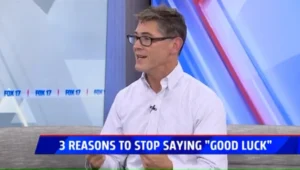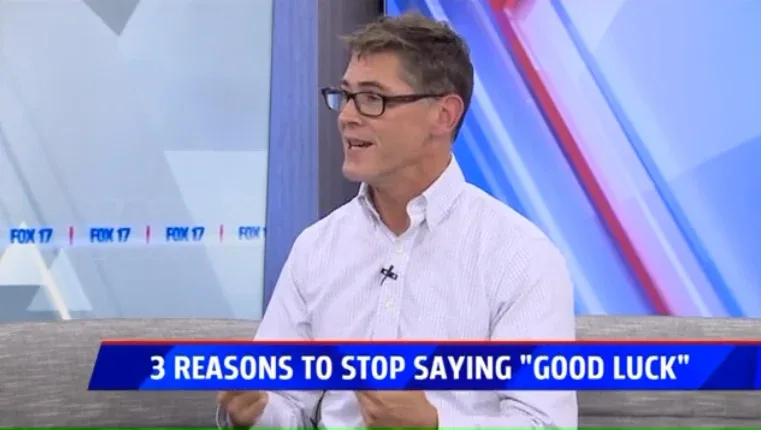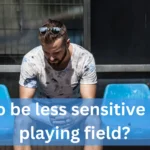 When our kids go to play a game, take a test, or perform at a recital we often wish them ‘good luck’ thinking we are doing something positive and supportive. But there are subtle and surprisingly negative messages in saying “good luck”.
When our kids go to play a game, take a test, or perform at a recital we often wish them ‘good luck’ thinking we are doing something positive and supportive. But there are subtle and surprisingly negative messages in saying “good luck”.
Three Reasons to Stop Wishing Your Child Good Luck
1. Needing luck suggests they aren’t prepared. If they have been practicing and working on their craft, why would luck be needed?
It’s better to complement their preparation and let them know you believe their hard work will pay off. Say “I’m proud of you.”
2. Good luck usually means for a good outcome. Wishing for a win sends the message that winning is most important. This can actually create more focus on the outcome rather than the process, and create more pressure to win – which is outside the child’s control.
It’s better to encourage fun so they focus and enjoy the process, connecting them to why they engage in the activity. Try saying “Have fun!” instead.
3. Good luck for a good outcome can create an expectation that they can fail at and disappoint you. Similarly, if you can only say one thing before a child performs, it should probably be the MOST IMPORTANT thing. If “good luck” for the win is it, then losing means failing and sets the child up for disappointing parents, teammates and coaches.
Communicate unconditional love and acceptance, independent of the outcome of the game or performance by saying “I love you.”
Try saying “I’m proud of you. Have fun! I love you” instead, and if you only have time for one sentence that captures all three, say “I love to watch you play.”



